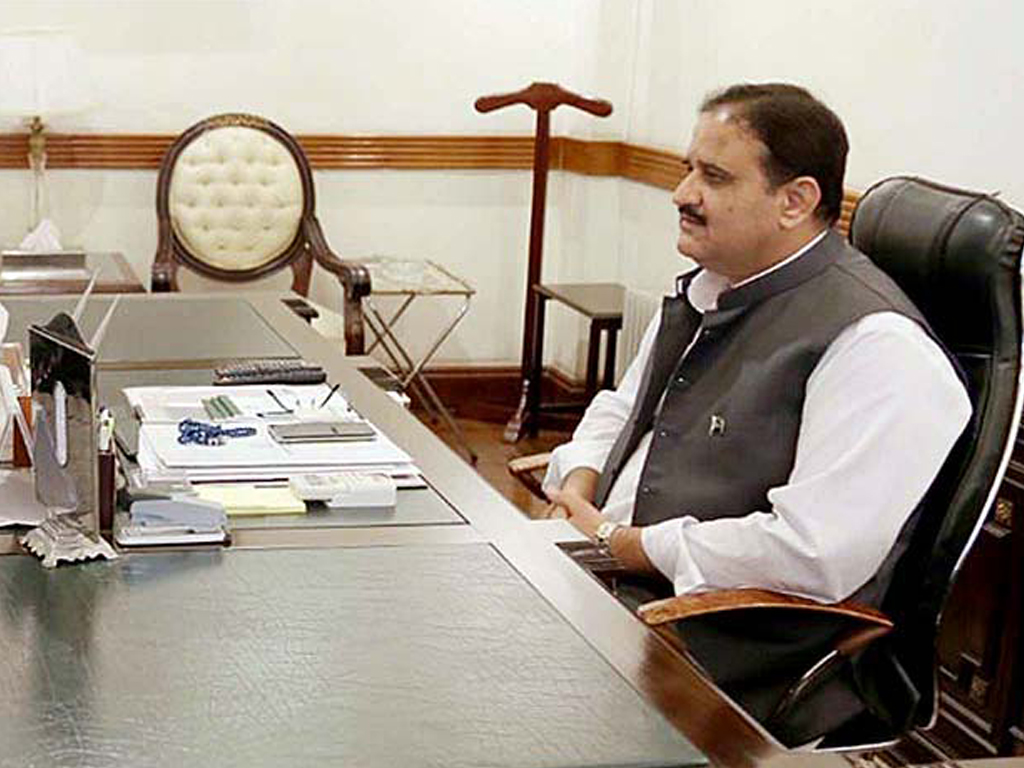Governance in Punjab

It’s not just recent Gallup polls that suggest a majority of public souring on CM Buzdar; ruling party members reportedly also want him gone. Governance is never a perfect record, but the recent dengue crisis, runway prices of daily items, and the growing pollution menace didn’t see a matching response from Takht-e-Lahore. But it won’t be easy to get rid of the down-to-earth Buzdar. A little history tells why.
The July 2018 elections had thrown a split mandate in Punjab, the bastion of power politics in this country. The PML-N was slightly ahead in the MPA count, but the winds of change seemed to favor the PTI. Having lost dozens of MNAs and MPAs, and with their Quaid in jail, the erstwhile ruling party was out of breath. Meanwhile, Khan’s party, despite not winning a landslide, had plenty of mojo to storm the fort, with a little help from the “independents”.
Back then, political observers were divided on what an ideal political dispensation should look like in Punjab post-2018 elections. The dominant view held that it was in the PTI’s interest to rule Punjab, for two reasons. One, the party needed to strengthen its grass-roots base in the largest province, and the political patronage, which comes with being a ruling party, seldom disappoints. Second, PTI in Punjab would ensure amicable federal-provincial relations, which are required to govern effectively.
The minority view, however, was that the PTI would fall into complacency if it saw no political competition vis-à-vis governance. The argument for a continued PML-N rule in Punjab was that it would keep both the parties – the PTI at the center and the PML-N in Punjab – on their toes, as they seek to woe the public with their own models of governance. The public would be the ultimate winner, some had thought: the PTI would fix structural issues of the economy while PML-N would deliver on infrastructure development.
But that was not to be. A quarter into its term, the center is somehow holding, but Punjab is in disarray. Granted, the PTI and PML-N have different ideas of “development,” but thus far, it isn’t clear what the current setup in Punjab has been set up to deliver. The churn of ministers and special aides is high, even as bureaucrats are being shuffled like a deck of cards, all with a promise that things will soon change.
Ruling the Punjab is a tough act to follow, especially if you are following in the footsteps of a political heavyweight. Shahbaz Sharif took some time in 2008 before steering the province in a direction different from where Parvez Elahi had set it on. After ten years of Shahbaz, a Sardar from South Punjab should ideally be given some time to land on his feet. But the public’s patience is wearing thin. Even detractors of Shahbaz’s development and governance style are giving him some due. Elahi is also being remembered.
The governance woes in Punjab are depleting Khan’s political capital. Mere bureaucratic reshuffling, or surrounding Buzdar with competent aides, may not cut it. But the genie may be out of control now. One hears of multiple power centers in the ruling alliance waiting in the wings. But it appears all they have accomplished is a perpetual paralysis in favor of a reticent incumbent. To get out of this jam, Khan needs to act boldly. In that context, it wouldn’t be a bad idea to co-exist with an able administrator in Punjab.





















Comments
Comments are closed.